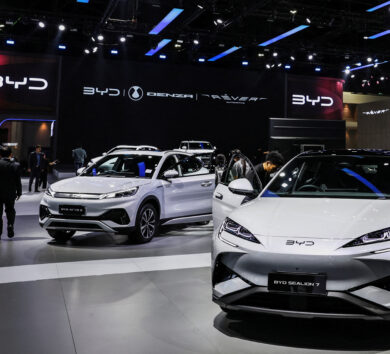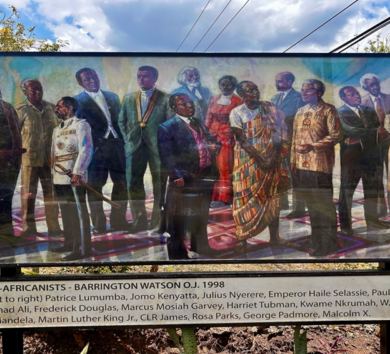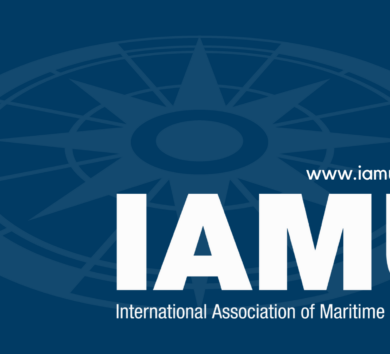

The significance of artificial insemination (AI) in boosting agricultural productivity cannot be overstated, particularly in small Caribbean islands like Jamaica.
Artificial insemination refers to the process of collecting sperm cells from a male animal and manually depositing them into the reproductive tract of a female.
By using AI techniques, farmers can access high-quality genetic material from superior livestock breeds, enhancing the overall performance of their herds. AI enables the introduction of desirable traits, such as increased milk production, disease resistance, and superior meat quality, thereby elevating the standards of Jamaica’s agricultural sector.
According to Nutramix veterinarian, Dr Gilbert Williams, one significant advantage that AI brings to the agriculture industry is substantial cost savings.
He noted that the traditional method of importing live animals, such as goats or sheep, comes with a price tag that can exceed US$3,000.
“This hefty sum includes expenses like sourcing the animal, navigating quarantine regulations, paperwork hassles, and the inherent risks associated with transporting live animals. Furthermore, the farmer may not even utilise the sire on the resulting offspring,” he argued.
Jamaica imports some US$86 million worth of beef, goat, and milk products.
Nutramix, through Newport Mills, has been in support of import substitution, and essentially the creation of conditions that will enable Jamaica to reduce the importation of these products over time.
Dr Williams further indicated that in conducting artificial insemination, Nutramix imports the semen, stores it and insures it for farmers at no additional cost. Furthermore, the controlled environment of AI allows for stringent disease screening and genetic management.
In fact, AI enables accurate record-keeping and traceability of genetic information. This contributes to the overall health and resilience of livestock populations, reducing economic losses associated with disease outbreaks.
The imported semen originates from top-tier Bucks and Rams, representing the top 10 percent of the national herd, including National Champions and Ennobled sires.
Dr Williams emphasised that typically, farmers are hesitant to part with their best studs, each valued at over US$10,000

“In contrast, the cost of their semen is a fraction of that price, hovering around US$100 or even less. By opting for artificial insemination, farmers gain access to superior sires, which in turn leads to superior semen and ultimately superior offspring,” Williams asserted.
He continued, “Look at it this way, a farmer from Spalding in Clarendon used AI. When asked if it proved worthwhile, he responded with enthusiasm, and spoke about the remarkable value of the kids he received. These offspring, born from a single pregnant female exceeded expectations, reaching a weight of over 80 lbs within four months.”
Delving into the numbers, Dr Williams outlined that the farmer invested $34,000 to inseminate two females, achieving a pregnancy rate of 50 per cent as one female successfully conceived. The pregnant female went on to birth three kids, each valued at over $100,000.
“… The numbers speak for themselves – that is a total value of $266,000. Considering this financial outcome, does artificial insemination make financial sense?” Williams posed.







Comments